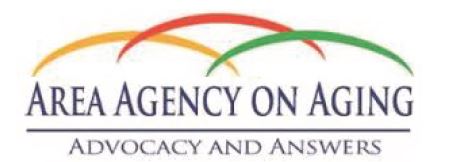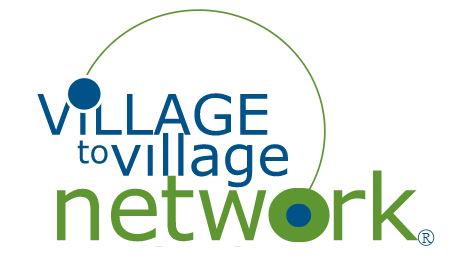- Print / Download PDF
- Share
- Give Feedback
- prev
- next
Overview
There are many useful and detailed websites dedicated to making day-to-day life for seniors simpler.
This listing includes close to a dozen organizations that provide information on a wide range of topics, including housekeeping services, volunteer helpers, local transportation programs, and much more. Be aware that most of these organizations have a medical/aging filter on what they present, so skim through the material until you find the content that’s useful to you.
Village to Village Network — This membership program is modeled on a “village of caring.” If there is a Village to Village Network in your area, you can join ($200-$400 a year) and make use of your network’s volunteer services, including transportation, home repairs, and social/educational activities. There are currently 280 organizations in towns, cities, neighborhoods, and even apartment complexes, and the network is growing by 20% a year. The link takes you to the page where you can search for a village in your area — or find out more on the site’s home page.
vtvnetwork.org
Aging in Place — This online resource has an upbeat tone and is full of useful advice. Some of the text has a medical slant and contains presumptions about “age,” but much of the content contains very helpful information about transportation, meals, home modification, mobility, pets, and many other senior services.
aginginplace.org
Seniors Helping Seniors — This unique service, in operation since 1998, matches up seniors who are prepared to work, with seniors who need help with light housekeeping, errands, handyman repairs, gardening, pet care, and other “around the house” jobs. Known for offering a high level of companionship and friendliness, Seniors Helping Seniors is a national organization with franchises in hundreds of cities in the U.S.
seniorshelpingseniors.com
AARP — The American Association of Retired Persons is, of course, the preeminent organization that advocates for, and helps seniors with many areas of life. Be aware that the website presents a lot of medical discussion and promotes health products, but it’s also a great source of very useful information.
aarp.org
FindHelp.org — This website is a national database of organizations and services that can help with a wide range of needs, including food, financial assistance, housing, transportation, and more. Anyone can enter their home zip code and get dozens of options.
Senior Center Directory — Most towns have one or more senior centers which can be a fun place to socialize with other people. Senior centers may also offer transportation, meals, and home-aid equipment to borrow. You can find your closest center(s) at this site.
seniorcenterdirectory.com
ElderHelper.com — This is a national organization of volunteers who help seniors with many details of daily life: gardening, handiwork, groceries, errands, rides, entertainment, check-in calls, reading/writing letters, cleaning, cooking, repairs.
elderhelpers.org
FEDERAL AND LOCAL GOVERNMENT PROGRAMS FOR SENIORS

Area Agencies on Aging — This national initiative is organized into more than 620 county-level agencies. Each office is ready to connect seniors with the help they need to remain in their own home — that includes information on local transportation, legal aid, meals, insurance, and various assistance programs.
NOTE: there is no national website for this organization. Instead, search with the phrase “area agency on aging in [your state]”
National Council on Aging (NCOA) — The mission of this federal initiative is to Improve the lives of millions of older adults. In addition to policies and local partnering work, the NCOA also provides some specific help to individuals. Here are two greahttps://www.ncoa.org/economic-security/benefits/t pages within their website:
- A map and search bar for partners and programs in your local area: ncoa.org/ncoa-map
- A list of benefits for modest-income seniors: ncoa.org/benefits










